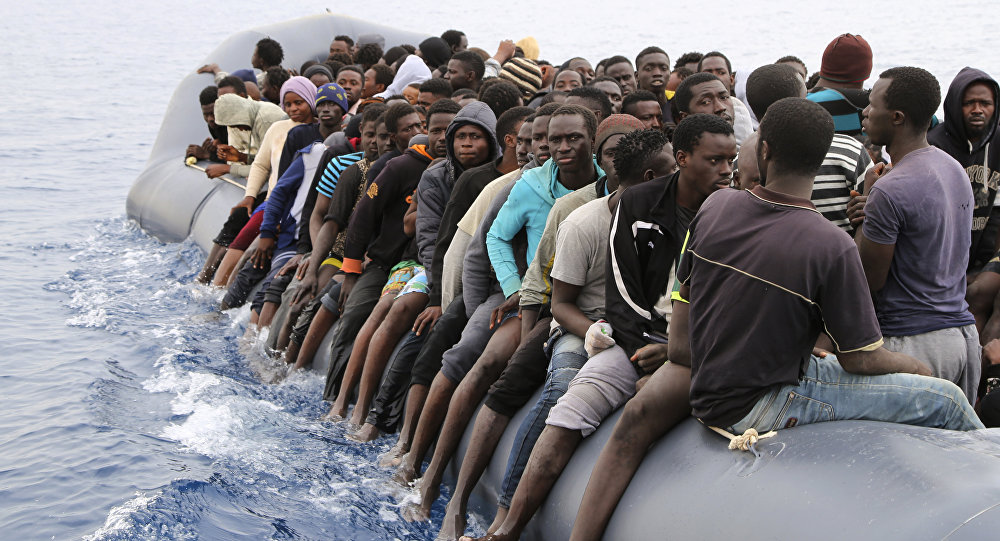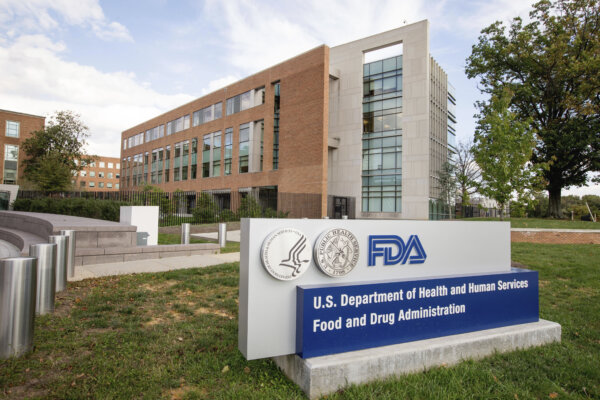France has, after all, been open to the world. It has welcomed millions of other, non-Muslim migrants — refugees from the Spanish Civil War in the 1930s, Portuguese workers in the 1950s, Italian miners throughout the 20th century, and more recently, Latin Americans, Chinese, Vietnamese, Christians from black Africa and the Caribbean, Hindus, Buddhists, even Americans — without any of those migrants causing the problems that arise with Muslim immigrants, not just in France, but all over Europe.
Having had the good fortune to spend much of my working life reporting from around the world, and Africa in particular, I adore melting pots of different cultures, languages and races.
And I have almost always been treated with kindness and respect in Muslim countries.
In Muslim countries, there is no doubt who rules; the resentment Muslims feel in Infidel lands is absent. When sure of their position, as “the best of peoples,” they have no need to prove their superior status to a visiting journalist. And why not show a little “kindness” and feigned “respect” if the result is good coverage? These are, after all, people well-versed in the art of taqiyya.
Yet, frankly, the time I spent in Paris has convinced me of the difficulty of achieving genuine integration between these defiant, troubled inner-city Muslim communities and mainstream French society.
Indeed, the only person to shake my hand during my visit was the rabbi. Everyone else offered me their wrist, not wanting to touch hands with an infidel — someone unclean.
As a metaphor for what is happening in the French capital, it couldn’t be more sad — or more troubling.
Indeed. How can one expect or plan for “national reconciliation” with people who won’t even shake your hand because, as an Infidel, you are regarded as unclean? People who think it amusing to pretend to shoot down French helicopters, people who are happy to violate French laws, to openly deal in drugs and stolen goods, to threaten the forces of order, who enter Saint-Denis only in groups of four? And these people, beneficiaries of so much that the French state provides, add to this largesse the sums they make by trafficking in drugs, or by robbing French people on the street, or burglarizing their homes, at the same time complain that it is they who are being harassed for no apparent reason. It is not Muslims, but Unbelievers, who are afraid to walk the streets, and not just in Saint-Denis.
In this now-deleted Report From Hell, realism briefly broke through, and left Andrew Malone, a veteran journalist, thoroughly alarmed about what he experienced in Saint-Denis and what he fears is still to come. What’s to come is even more, and even bigger, Muslim ghettos in France, though these “ghettos” are not forced on Muslims, but rather created by them, as their violent behavior drives out Christians and Jews from whatever area Muslims settle in, in numbers sufficient to make that area their own. It is in those areas that they create an economy based on government benefits and crime, including the drug trade, and — carried out in “French” areas of Paris — street robberies and house burglaries. And it is in Seine-Saint-Denis that jihadis have planned attacks, and after carrying them out, hidden from the police, as did those who were responsible for the mass murders at the Bataclan nightclub.
This report from Saint-Denis is a cautionary tale. The French need to make up for their own earlier optimistic misunderstandings of Islam, that some still cling to, with their dreams of “national reconciliation,” and to understand that a silent invasion has taken place in their country, as in much of the rest of Europe. There is still time, using laws now on the books and laws not yet on the books, to reduce the threat in France to manageable proportions. But first you have to recognize, rather than deny, that threat.
Andrew Malone’s forthright observations on the Muslim “ghetto” of Seine Saint-Denis are a good place to start. But it is not at all a good sign that the Daily Mail deleted his report under pressure, with promises to restore it that never came to fruition. That incident in itself is an indication that the crisis in France, as well as in Britain and Europe as a whole, may be too far advanced now to address adequately.











